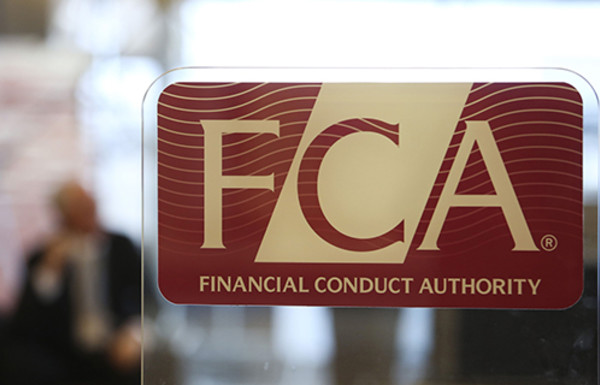
Will the consumer duty improve outcomes or cause more confusion?

Banks were born, in their very simplest form, to safeguard customers' money and provide capital for those looking to invest.
But, crucially, only a small proportion of society – typically merchants and landowners – sought the services of a bank.
While the concept of traditional banking remains largely unchanged, financial institutions now serve more people than ever before, with around 98 per cent of the UK population thought to have at least one bank account.
As the prominence of banks in society has grown, so too has the need to ensure that the societies they serve are treated fairly.
The fair treatment of customers has been a concern for banks and regulators for some time now, exacerbated by events such as the financial crash and the payment protection insurance scandal.
A string of consumer-centric initiatives have been introduced by the Financial Conduct Authority, which itself states it was conceived in order to ensure consumers get a fair deal.
The FCA reinvigorated this mantra in June, when it launched a consultation that is expected to have far-reaching and potentially onerous implications for UK banks – an all-new 'consumer duty'.
The consumer duty sets out to achieve "a higher level of consumer protection in retail financial markets, where firms are competing vigorously in the interests of consumers".
The consumer duty is designed to enhance existing conduct standards in retail markets, drive culture change and instil consumer trust. The regulator wants companies to put consumers at the heart of their business by proactively avoiding consumer harm at every level, and through every stage of the customer journey.
It will place the onus on businesses to abide by a new Principle for Business and to aim to deliver specific outcomes when designing, advising on or distributing products and services to retail clients. Importantly, all businesses will be subject to rules specifically requiring them to take all reasonable steps to avoid causing foreseeable harm to consumers.
For the first time, the FCA proposes that businesses should ask themselves what outcomes consumers should be able to expect from their products and services. Companies will need to act to enable rather than hinder these outcomes and will have an ongoing obligation to assess the effectiveness of their actions.
These proposals are a seismic shift away from the current state-of-play. Instead of creating financial products to appeal to one type of customer or another, banks must now endeavour to achieve a single outcome for all customers: fair treatment.
The statement in itself is slightly ambiguous. What constitutes fair treatment? And how might fairness manifest itself from one lender to the next? While the FCA's consultation is clear that it wants to see a behaviour change in banks, its principles-based approach leaves these questions – and many others – open-ended.
The banks themselves must interpret the semantics of exactly what consumer duty means in real terms, and there is a real risk that this could be lost in translation.
Regulatory hurdles
As in any sector that is heavily regulated, light-touch does not always equate to an easy solution. In fact its ambiguity can often create more obstacles.
The consumer duty consultation, which closes its doors for submission at the end of July, could narrow the scope for banks to find alternative means by which to generate revenues. The FCA itself has made clear that it is poised to intervene if it deems a company's pricing to be unfair.
A key element of the proposals call for a step-change whereby "consumers are better equipped to achieve good outcomes from financial services" – the assumption being that consumer duty would help customers reach financial freedom, making financial products work for them, not banks.
What perhaps has not been considered, though, is how banks must adhere to this. If a financial product is unlikely to achieve 'good outcomes' for a customer, it is likely that banks, who in their very nature are risk-averse, will limit access to these products where the risk is deemed too high. Again, narrowing customers' choices.
Which rules take priority?
A less consumer-specific but still pertinent question to ask of the consumer duty is how this regime might interact with existing frameworks.
While it is not uncommon for businesses to grapple with multiple regulations and, indeed, regulators, the FCA's proposals touch on several recommendations that have been in situ for some time. Shortly following the turn of the century, the FCA published a handbook for financial businesses in which it states they "must pay due regard to the interests of its customers and treat them fairly".
It is clear that the guidance published in the early 2000s, which has been a linchpin for banks, and the most recent consumer duty published two decades later, bear a striking resemblance. A resemblance that makes it difficult for businesses to establish which takes precedence.
It is becoming increasingly unclear for companies on which piece of regulation supersedes others, and so it is vital that the regulator makes clear how this latest guidance interplays with existing rules.
While there are certainly some areas for consideration, and clarification, before the rollout of the consumer duty, it is likely to have significant impact on financial services companies.
There will be a fine line to tread, though, in ensuring the consumer duty achieves the goal of supporting customers and not creating unnecessary hurdles for financial services in the UK at a time when regulators have stated that they want to simplify the UK regulatory regime in a post-Brexit era.
Rosanna Bryant is head of financial regulation at Addleshaw Goddard



